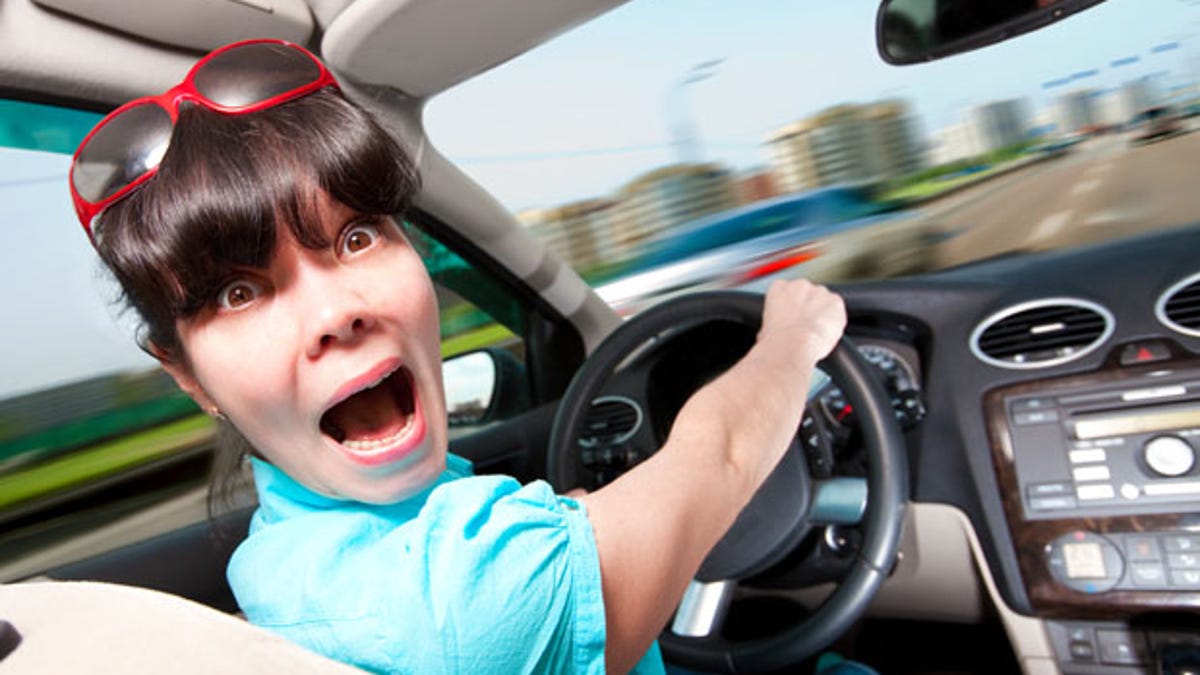GPS telematics boxes provide cheaper insurance for young drivers
Some insurers will offer cheaper premiums to drivers who are willing to install tracking technology in their cars. The GPS-style tech lets the insurer see how well you drive.

Young drivers are often forced to pay over the odds for car insurance, due to their relative inexperience and perceived exuberance behind the wheel. But many are now turning to technology to help reduce their premiums.
Forward-thinking insurance companies are offering cheaper premiums to drivers who are willing to install GPS-style telematics technology that can monitor their driving habits.
The telematics boxes, which are about the size of a mobile phone, are fitted under the dashboard and use GPS technology to determine a driver's speed and the speed limit of the road they're travelling on. They also use accelerometers to determine the force at which a driver corners, brakes and accelerates.
This data is sent via GSM/GPRS technology to the insurance company. The company can then determine how well you drive and, consequently, how much you should be paying for insurance.
The telematics boxes also monitor distance travelled, allowing you to buy pay as you go insurance. They can work as tracking devices too, enabling your insurance company to locate your car in the event it's stolen.
Several insurance companies are already using telematics boxes. InsureTheBox offers a pay as you go insurance package, with good drivers earning additional bonus miles each month. The company will install its Clear Box telematics system a week or so after you take up your policy.
Insurer i-kube doesn't charge by the mile, instead offering fully comprehensive cover to young drivers as long as they don't drive between the hours of 11pm and 5am. The box is installed at a cost of £249, which is included in the cost of your premium. Those who break the driving curfew are charged an additional £100 per night.
Coverbox, meanwhile, allows you to choose from a range of insurers, including The Co-operative, Sabre and Allianz, but charges you depending on the time you spend driving and the distance covered, with rush-hour driving being the most pricey.